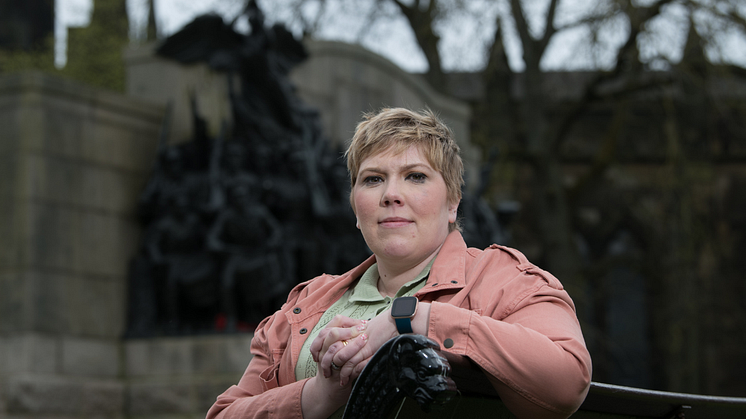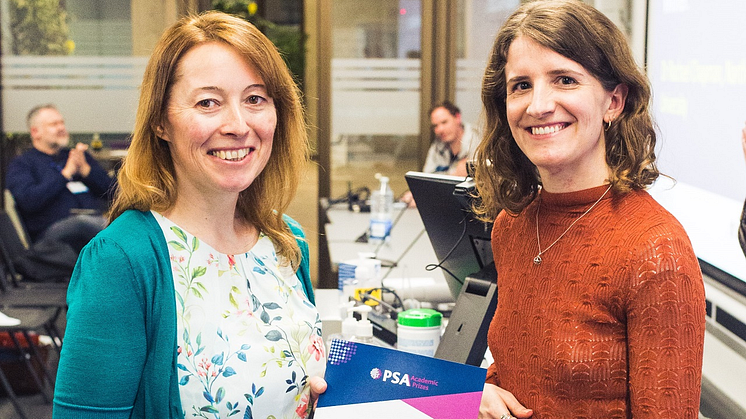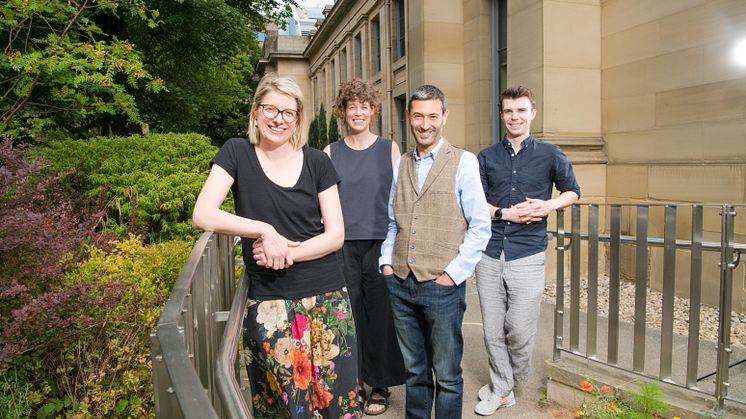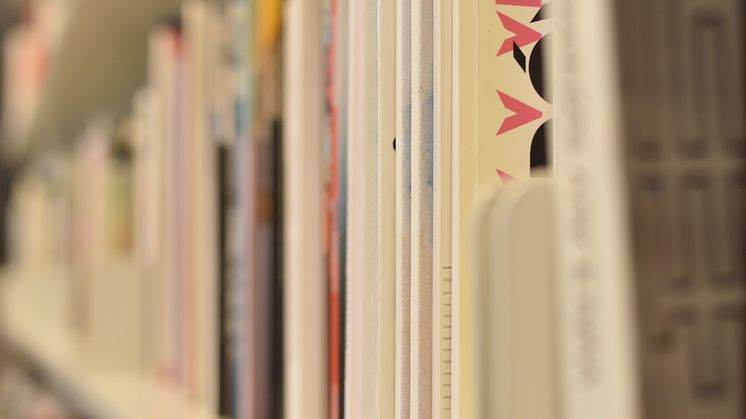
Press release -
Major study into role of WW2 conscientious objectors
The stories of the British men who chose not to fight in the Second World War due to their moral, political or religious beliefs are to be explored by a Northumbria University historian.
In the first major study of WW2 conscientious objectors, Dr Linsey Robb will examine the reasons why people applied for exemption from conscription, the impact it had on their lives, and the contribution they went on to make to the war effort.
Her research project, British Conscientious Objection in The Second World War, has received more than £180,000 funding from the Arts and Humanities Research Council (AHRC) and will see her uncovering written and oral histories of conscientious objectors stored at the Imperial War Museum in London, as well as at libraries and archives across the UK.
The announcement comes ahead of International Conscientious Objectors' Day, which takes place on Monday 15 May and commemorates those who have refused to bear arms and participate in war, throughout history and today.
As Dr Robb explains: “There is often a misconception around the role conscientious objectors played during the Second World War. Although they objected to fighting, many of them still played an active role in both military and civilian roles, for example ambulance drivers or medics, while others supported the war effort through agricultural activity.
“During the war, conscientious objectors were working all over the world, including in China, Africa and across Europe, and yet their experiences really haven’t been explored in detail until now.
“Although sadly most are no longer with us, they were generally very articulate and intelligent men, many of whom left behind detailed written or oral observations of their experiences, which I will be drawing on for this research.”
There were almost 60,000 conscientious objectors during the Second World War, with many objecting to fighting on religious grounds, including a large number of Quakers – a traditionally pacifist faith.
However, unlike the First World War, when conscientious objectors were shunned by society and often ended up in prison, by the time of the Second World War the British government had realised they could still play a vital role in the war effort, even if they were not fighting on the front line.
With the horrors of the First World War still within living memory for many, there was also greater public sympathy with anti-war sentiment.
Those choosing to object to wartime conscription were required to go before a tribunal where they would set out their reasons before a judge. They would then either be refused, given an alternative role, or completely exempt.
One well known example of conscientious objection is Roy Broadbent, the father of Oscar-winning actor Jim Broadbent, who along with his wide Dee was part of a small community of conscientious objectors who set up a farming cooperative in rural Lincolnshire.
As part of her research Dr Robb will be working with the Peace Museum in Bradford – the only museum dedicated to the history and stories of peace, peacemakers and peace movements, in the UK.
Together they will run a series of workshops with school children, educating them about conscientious objection during the war but also drawing parallels with modern-day activism, including the Black Lives Matter movement and recent industrial action.
Dr Robb said: “We hope to work with young people to explore what it means to take a stand and go against the status quo. The stories of conscientious objectors, and their reasons for objecting still resonate today, and so exploring their histories can help us understand contemporary activism, and the state’s response.”
Charlotte Houlahan, Curator at the Peace Museum, added: “We’re thrilled to have been asked to get involved in this project. There are important lessons to be learned both from the stories of conscientious objection and the stories of modern-day activism in our collection, and we’re excited to explore these connections with the next generation of peacemakers."
Topics
Categories
UNIVERSITY OF THE YEAR 2022 (Times Higher Education Awards)
Northumbria is a research-intensive university that unlocks potential for all, changing lives regionally, nationally and internationally. Find out more about us at www.northumbria.ac.uk
--- Please contact media.communications@northumbria.ac.uk with any media enquiries or interview requests ---











